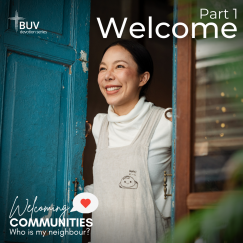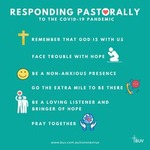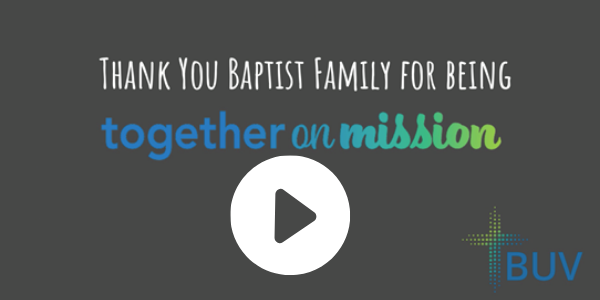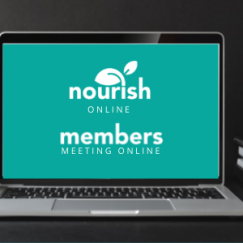16th June 2020
I have a dream
Events around the world over the past couple of weeks have brought back memories to many of us. Some very good memories about how we treasure our heritage, our sense of belonging to a community that values taking care of each other and standing up for each other. However, it has also brought back some very difficult and painful ones.
For the past 36 years, I have lost count of the number of times I have been asked where I am from – the latest one being just before the lockdown due to COVID-19. The question is no doubt because I have a “yellow” skin and thus, I am automatically someone not belonging here even though I have an Australian Passport and has been here for more than I have ever been in any other country.
Unfortunately, I have also not been immune from that question in Churches as well. How about the situation where we started to attend a Church and for several months, no one was interested in us until we invited one of the Church leaders for lunch at our place and he saw my Theological books on my bookshelves. He was interested in why I had those books and when I told him that I was studying at a Bible College, I was shortly afterwards placed on the preaching roster.
Sad to say, but often we are judged not according to what we can offer in our service to Christ, not according to the gifts, skills and talents that God has given to us. It is simply assumed that we are inferior because of the colour of our skin. Just look around the congregation in your Church. Most will have a sizeable proportion of members who are from a non-Anglo background – yet, how many are part of the leadership team? Does it mean we are not capable of leading God’s people or performing other leadership role within the Church?
For more than 20 years now, I have been involved in the role of supporting LOTE (Language Other Than English) Churches. Over the years, the most common comment that has come across is along the line of: “why is it that LOTE Churches have more problems?” Is that really the case? Or, is it the assumption that because it is a LOTE Church and thus, it must have more problems.
I really feel for my brothers and sisters coming here to settle as refugees. I have had more opportunities than them, I have been more privileged than them and I have had more possibilities to prove my worth than them. What chance do they have to escape such constant bombarding of unnecessary comments? How do they feel when they are asked questions indicating that they do not belong here?
Yet, the word refuge has the meaning of shelter or protection from danger or distress. That’s not just what the word refuge means in the Bible but is also how it is defined in secular dictionaries. Yet, as believers, we struggle to provide that shelter or protection to those in such great need after enduring so much hardship.
Has it ever crossed our minds that many refugees in our LOTE Churches have come here through refugee camps where the most basic of necessities are inexistent – no certainty of fresh water or even food on the table every day, no means of getting a decent education, no possibility of having a job to provide for the needs of the family and definitely no possible dreams of a future.
How about the daily harassment of government soldiers heavily armed to intimidate you to provide information so that they can capture someone close to you? How about them burning all sources of food around your village so that you either starve to death or give them what they want – even information that can cost lives – so that they will leave you alone for a couple of days?
How about when they finally see some light at the end of the tunnel – when they are given a visa to settle in this country – only to find that they are made to feel that they do not belong here? They are constantly asked where they are from when their only wish is to be able to forget what happened in those refugee camps, the hardship and suffering they went through from where they came from. How about being unable to get a job because they have not had the opportunity to learn English and thus, cannot express themselves properly in interviews?
Perhaps, this plea from Paul writing to Philemon, the owner of Onesimus the slave, may help us to change our attitude and see each other not through the colour of our skin but as brothers and sisters in Christ:
15 Perhaps the reason he was separated from you for a little while was that you might have him back forever—16 no longer as a slave, but better than a slave, as a dear brother. He is very dear to me but even dearer to you, both as a fellow man and as a brother in the Lord. (Philemon 15-16, NIV)
The words of Martin Luther King still inspire hope: “I have a dream”- that one day, we will be able to say what Paul is saying here – You are very dear to me both as a fellow human and as a brother or sister in the Lord. I have a dream.
Rev Marc Chan
Multicultural Consultant











